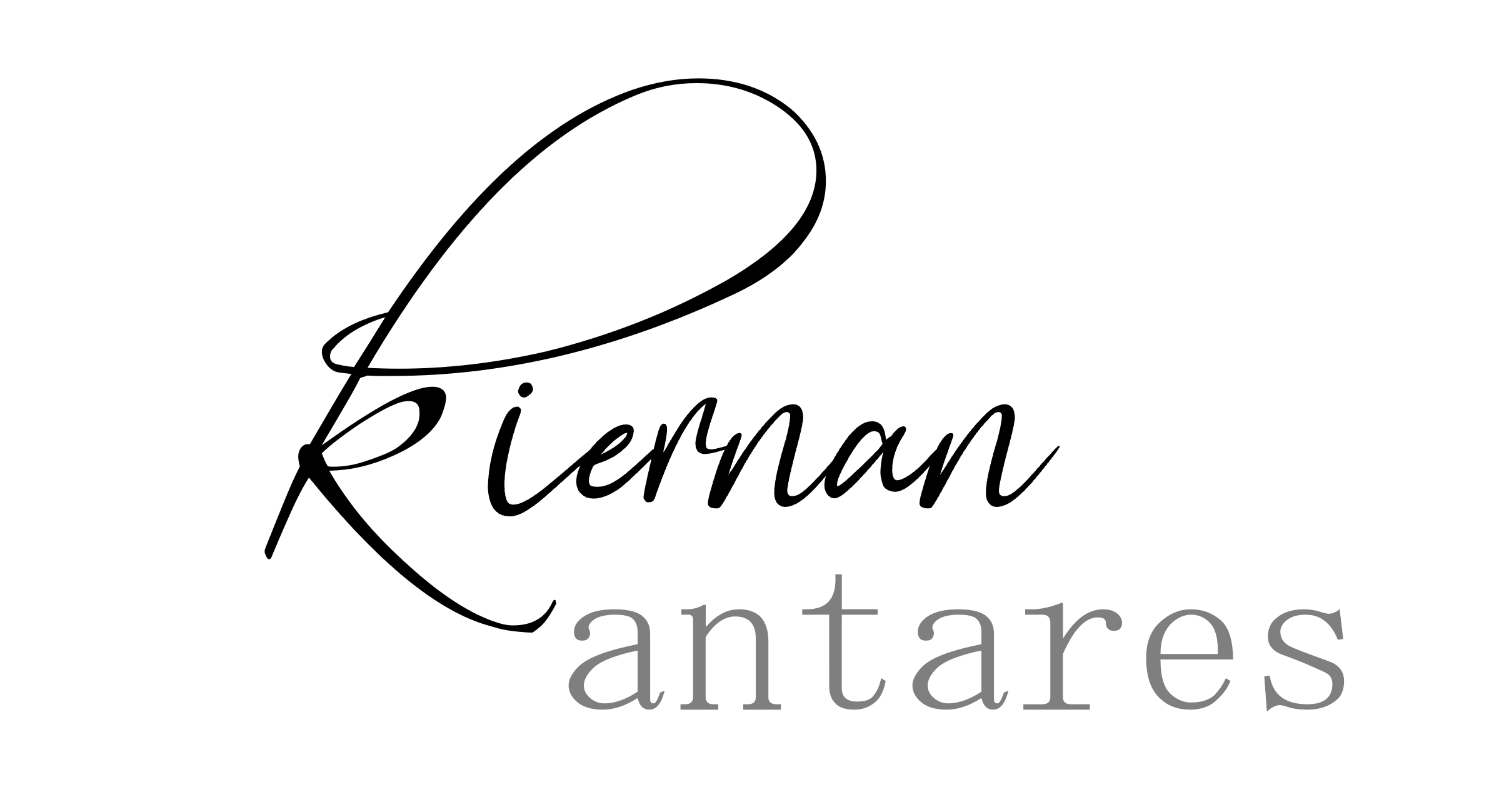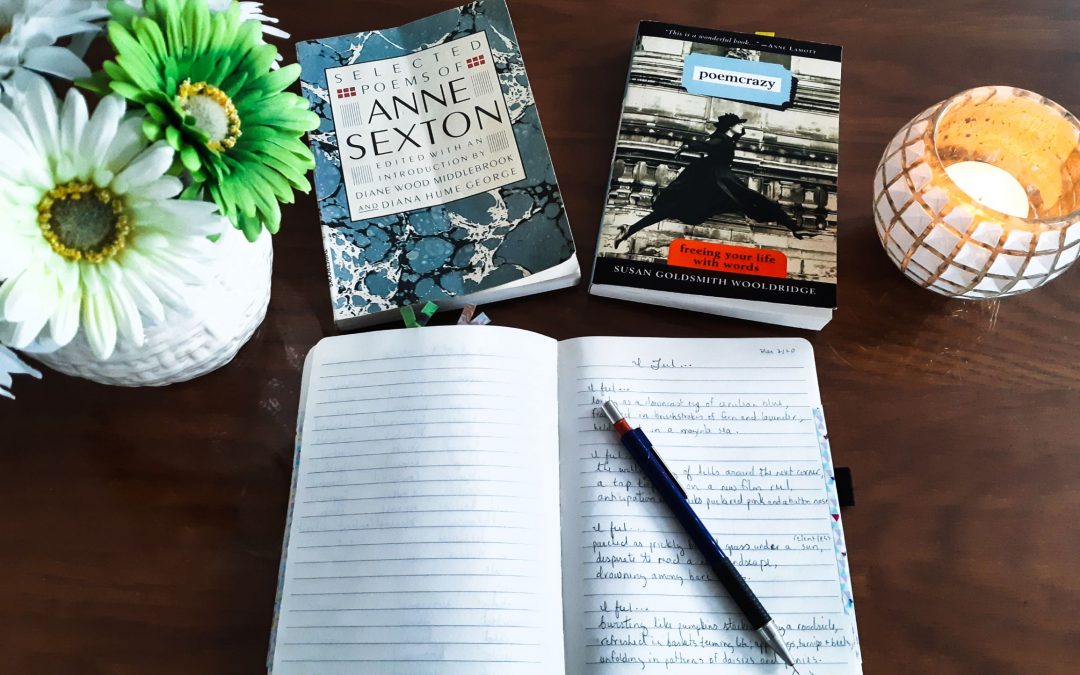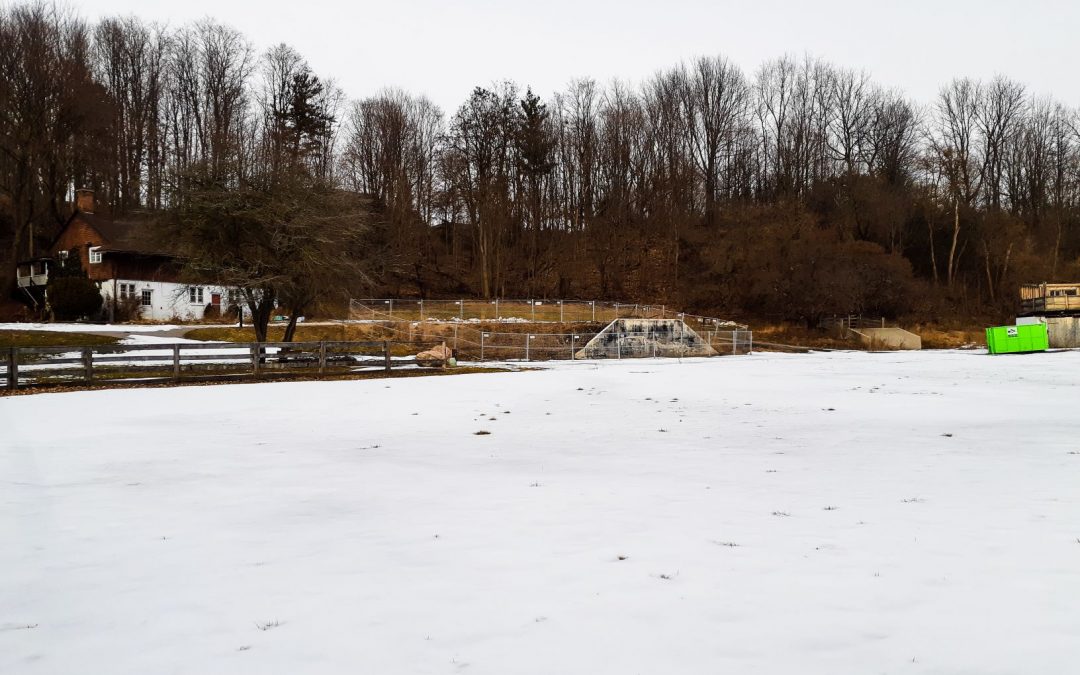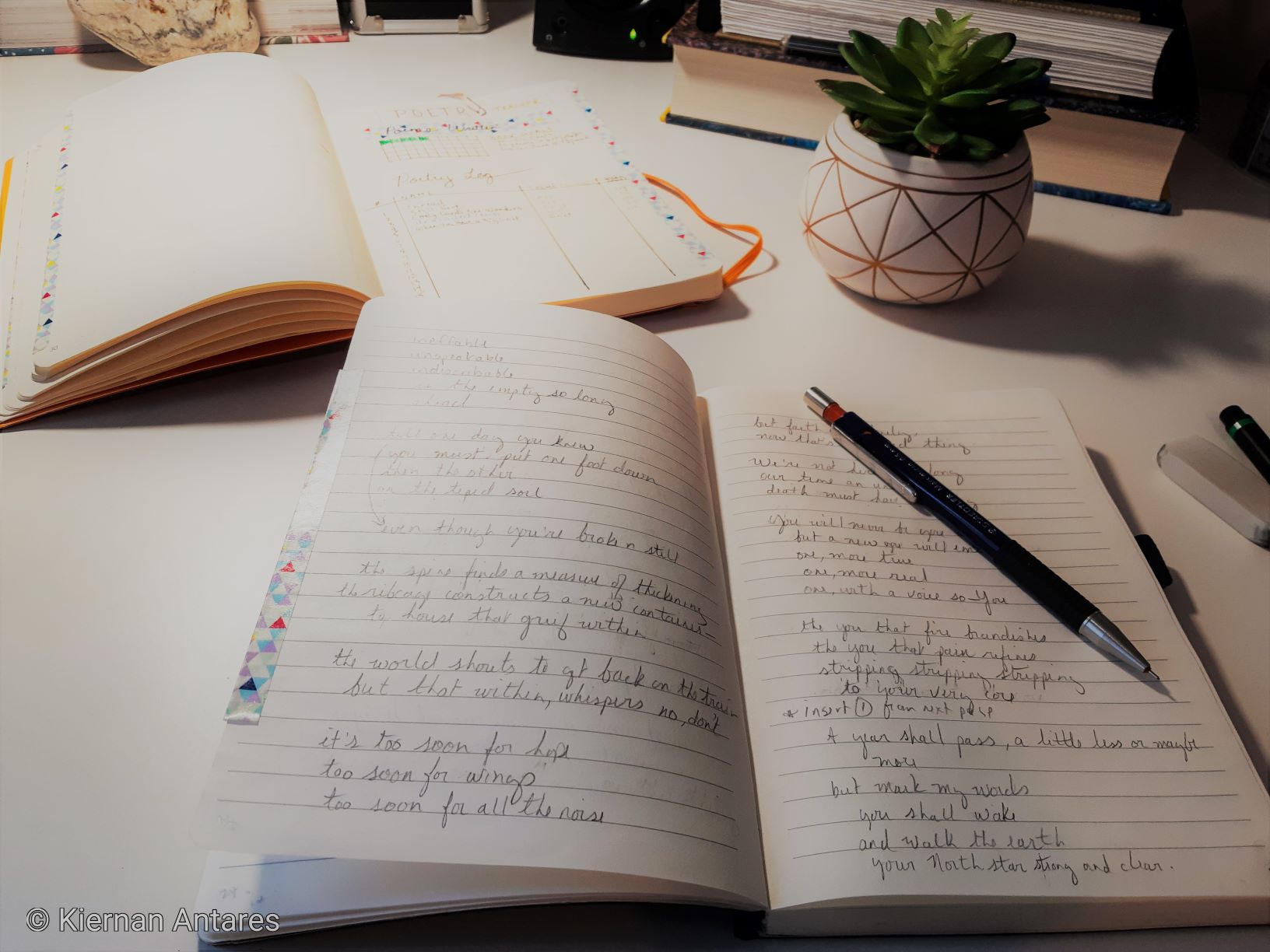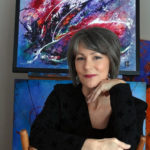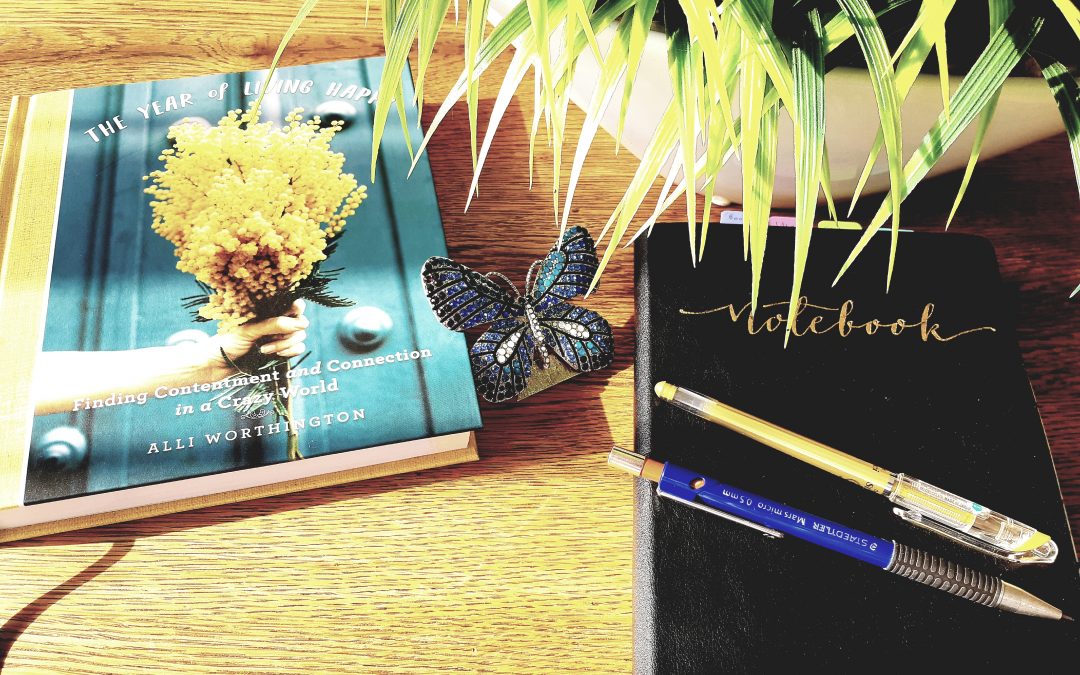
The Art of Living Happy
Write it on your heart that every day is the best day in the year.
I recently heard this notion that keeping oneself busy meeting friends for coffee, movies, or dinner dates, and shopping, or all the myriad ways we fill our time, may just be a form of distraction keeping us creatives from making our art – that which our soul yearns for us to create, and the world needs.
For the past couple of years I felt like I was living in limbo. I had this intense desire to write, but the words were often stuck inside, all bottled up.
During this time I became aware I had a constant low-grade anxiety (okay maybe more than low-grade). Truthfully, this awareness came when I began to take medicine to manage spinal stenosis and arthritis pain. The realization hit when the immediate benefit was a lack of anxiety. I felt easier in my body. It took the ease of it, the missing of it, to make me see.
This anxiety had become a constant, perhaps throughout my life. I’ve certainly beat myself up enough, certainly put a great deal of pressure on myself, certainly felt not enough in so many ways.
This past several weeks words have begun to flow in the form of poetry. In my last post I wrote about how it feels like I’ve come home – to myself – in writing poetry.
It’s been a release, a transcendent experience, and one of finding a measure of wholeness. In fact, it’s become so therapeutic I decided to experiment to see if the anxiety and pain would flare up if I reduced my medication.
I’m doing a slow, gradual withdrawal so that I can closely monitor things, and so far writing poetry has been winning as a pain and anxiety replacement – for me. (Of course, I can’t recommend it to anyone else.) Yes, even with all our lives being upended and we now live in a surreal world, with the coronavirus pandemic threatening every aspect of life, health, and livelihoods – writing poetry continues to be a cathartic healing experience.
Mind you, at the forefront of all this is being aware my faith in God is being tested, as is the case for all of us.
How much do we trust him?
How strong is our faith?
A book I am currently reading (very slowly for a deep integration) is The Year of Living Happy: Finding Contentment and Connection in a Crazy World, by Alli Worthington. I think there couldn’t be a more perfect time to read a book such as this.
Is it possible to be happy in these current uncertain times, when our ways of living are being uprooted?
I’ve spent several days mulling over and meditating upon what the author proposes just in the first chapter titled Happy Roots. She tells us that if we can live, with our happiness rooted deeply in God, then the temporary trials of the day will not throw us off.
… true happiness comes only from Him. It does not come through our material possessions, our relationships, or our circumstances.
Oh wow. How had I not understood it in this way before?!
Blessed is the man who trusts in the LORD,
whose trust is in the LORD.
He is like a tree planted by water,
that sends out its roots by the stream,
and does not fear when heat comes,
for its leaves remain green,
and it does not cease to bear fruit.
It will soon be three years since I became a Christian, but I had lacked that insight. Over the years of my creative life (and life in general) I’ve had many successes and many failures, and upon reflection both aspects left me feeling something was missing and not quite right. Most important to note are how the successes made me feel. My accomplishments should have made me happy, right? The relationship with my wonderful loving husband should make me happy, right? Sometimes they did, but that kind of happiness is fleeting. It lasts only a moment. It’s not a day-in, day-out kind of happiness.
Pondering the idea that God should be the source of my happiness is illuminating, and a little confusing. I mean, how does that work?
I’m trying to take it in. I suppose this is not a matter of trying, but of letting the Almighty integrate this into my inner self.
I have to admit though, it is creating a lightness within, and despite also having been terribly sick with a cold and self-isolating, I am waking more now with a growing hope, a growing happiness that is not dependent on how I’m physically feeling, what I’m doing, or what I have.
It makes me wonder, is it possible to live each day, to write it on our heart that every day is the best day in the year, as Mr. Ralph Waldo Emmerson tells us? I can only speak for me, without God, without hope, without faith – it’s not.
Writing poetry is healing, it is transcendent, but without my believing in God, it’s not inspired.
Here’s a little excerpt from my poem titled The Calling Forth Garden…

